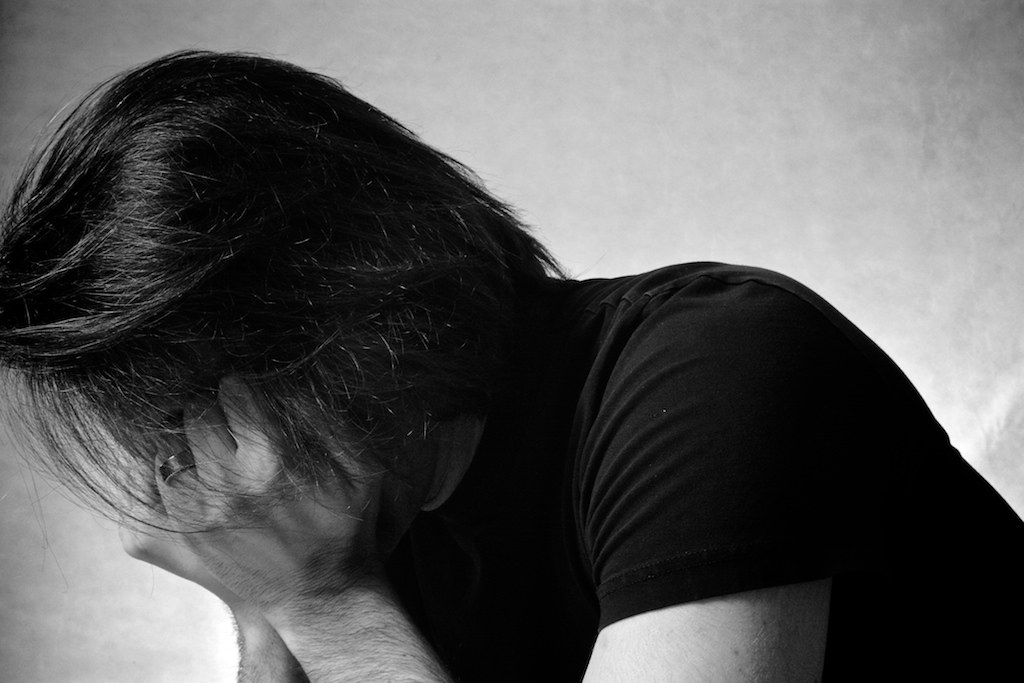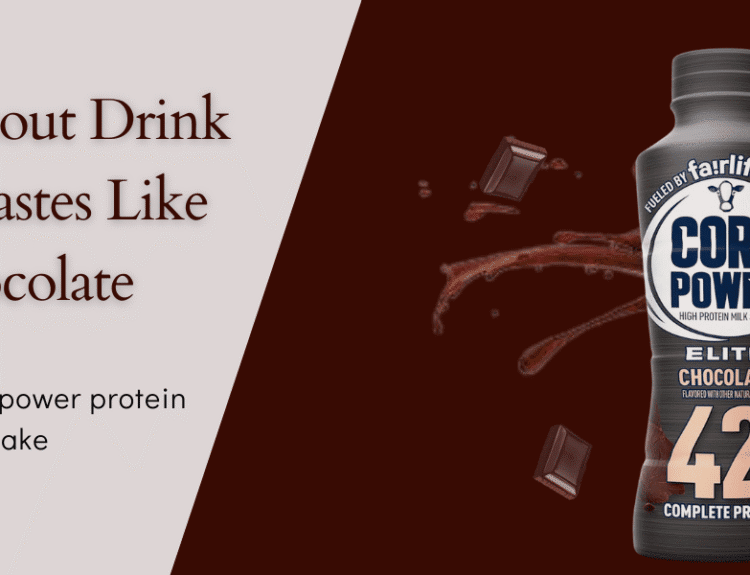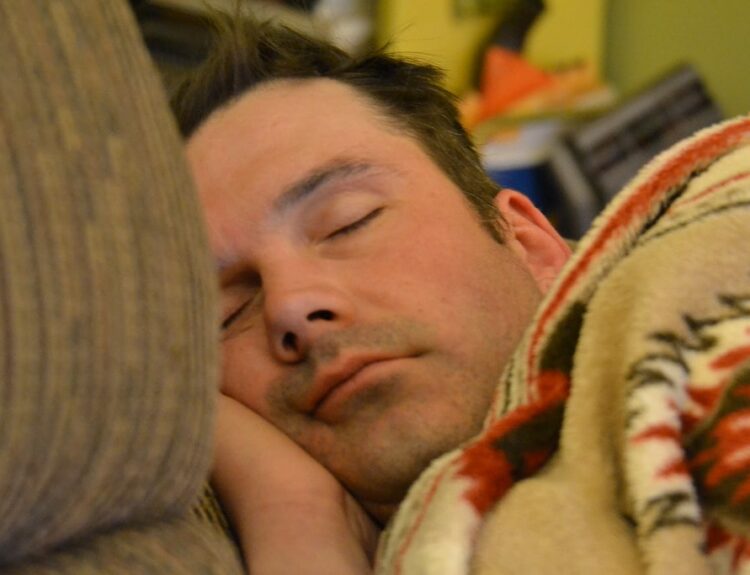Many people wonder, “Why I am always tired and sleepy?” despite getting what seems like enough sleep. Fortunately, persistent fatigue can be overcome with the right approach.
In this guide, you’ll discover proven solutions to boost your energy levels naturally.
6 Common Reasons Why I Am Always Tired and Sleepy (With Effective Solutions)
1. Poor Sleep Quality
Why you’re tired: Poor sleep directly increases cortisol (stress hormone) and inflammation, consequently leaving you exhausted throughout the day.
Energy solutions:
- First, maintain a consistent sleep schedule every day
- Additionally, create an ideal sleep environment (cool, dark, quiet room)
- Moreover, avoid blue light from screens at least 1 hour before bedtime
- Furthermore, eliminate caffeine and alcohol at least 8 hours before sleep
- Finally, consider a sleep apnea screening if you frequently snore or wake gasping
2. Sedentary Lifestyle
Why you’re tired: Lack of movement actively weakens your mitochondria (cellular energy factories) and therefore reduces ATP production (your body’s energy molecules).
Energy solutions:
- Most importantly, take daily walks (even brief 10-minute breaks help significantly)
- Additionally, exercise 3-4 times weekly to build long-term energy capacity
- Also, break up sitting time with regular movement breaks
- Furthermore, try standing while working for part of your day
3. Chronic Stress
Why you’re tired: Ongoing stress actively depletes your energy reserves through consistently elevated cortisol, thus causing fatigue and brain fog.
Energy solutions:
- Initially, practice deep breathing exercises daily (even 5 minutes makes a difference)
- Subsequently, try stress-reduction activities like yoga, meditation, or tai chi
- Meanwhile, take short mental breaks throughout your workday
- Ultimately, set clear boundaries between work and personal time
4. Poor Nutrition
Why you’re tired: Processed foods and sugar rapidly cause energy crashes, while simultaneously, nutrient deficiencies impair energy production.
Energy solutions:
- Primarily, eat whole foods such as vegetables, fruits, and lean proteins
- In addition, reduce sugar intake and highly processed foods
- Furthermore, eat smaller, more frequent meals to stabilize blood sugar levels
- Lastly, include protein with each meal for sustained energy release
5. Dehydration
Why you’re tired: Even mild dehydration significantly impacts energy levels and cognitive function throughout the day.
Energy solutions:
- Above all, drink at least 8 cups of water daily
- Additionally, limit dehydrating beverages like coffee and alcohol
- Furthermore, monitor your urine color (pale yellow indicates proper hydration)
- To begin each day energized, start with a full glass of water
6. Social Isolation
Why you’re tired: Loneliness actively increases depression risk and consequently drains mental energy reserves.
Energy solutions:
- First and foremost, prioritize in-person connections with friends and family
- Additionally, join community groups or classes that interest you
- Meanwhile, limit social media use in favor of real-life interactions
- As a result, you’ll feel more energized after scheduling regular social activities
How to Reset Your Energy Levels
Your body thrives on consistency. Therefore, for maximum energy:
- First, stick to a regular sleep schedule (even on weekends)
- Second, move your body daily (walking definitely counts!)
- Third, eat nutrient-dense foods at regular intervals
- Fourth, stay hydrated consistently throughout the day
- Fifth, practice stress management techniques regularly
- Finally, connect with others frequently
As a result of these changes, most people notice significant energy improvements within just 2-3 weeks.
Important note: If severe fatigue persists despite lifestyle changes, consequently, you should consult a healthcare provider to rule out medical conditions such as thyroid disorders, anemia, or other health issues.
FAQ: Why I Am Always Tired and Have No Energy (Women’s Edition)
Why I am always tired and have no energy as a woman?
Women often experience unique fatigue triggers including:
- First, hormonal fluctuations during menstrual cycles affect energy
- Second, iron deficiency occurs more commonly in menstruating women
- Third, thyroid disorders affect women at higher rates than men
- Fourth, vitamin D deficiency frequently contributes to fatigue
- Finally, parenting and caregiving demands often create additional energy drain
What female hormones cause extreme fatigue?
Estrogen and progesterone fluctuations directly impact energy levels. Specifically, low estrogen often causes fatigue, while high progesterone typically makes you feel sleepy.
Could my thyroid be making me tired?
Yes, definitely. Thyroid disorders affect women 5-8 times more frequently than men. Both hypothyroidism and hyperthyroidism consequently cause significant fatigue.
Does anemia cause women’s fatigue?
Absolutely. Due to menstruation, women have much higher iron needs. Therefore, even mild anemia can result in persistent tiredness.
Can perimenopause or menopause cause constant fatigue?
Yes, undoubtedly. Hormonal shifts during these transitions commonly cause sleep disruptions and consequently lead to energy fluctuations.
What vitamins help with female fatigue?
Iron, vitamin D, B vitamins (especially B12), and magnesium often effectively help women combat fatigue and restore energy levels.
Quick Energy Boost Checklist
✅ Sleep better: Create a dark room, follow a consistent schedule, and enjoy screen-free evenings ✅ Move daily: Walk, stretch, or exercise even briefly to boost circulation ✅ Manage stress: Regularly practice deep breathing and relaxation techniques ✅ Eat energy foods: Choose whole foods instead of processed options ✅ Stay hydrated: Remember that water is your most effective energy drink ✅ Connect with others: Engage in meaningful social interactions to boost mood and energy
Bookmark it for those low-energy days or share with someone who’s constantly fatigued!
If you enjoyed this post, you’ll love this one next! 😊 What Is Déjà Vu Caused By?








